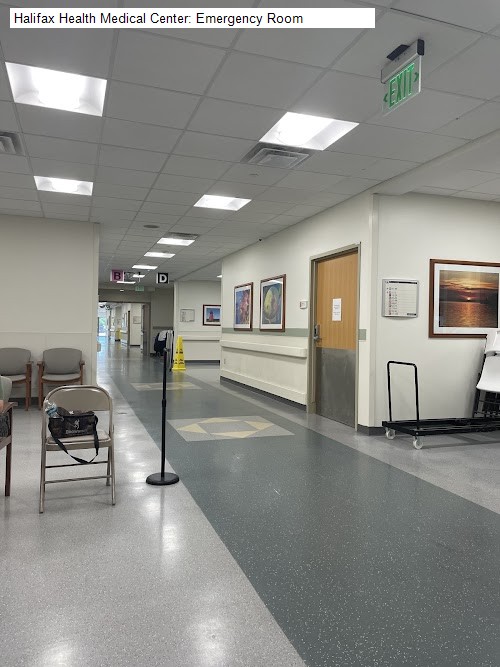1 /5 Briana Ramirez: December 1, 2024, my partner and I had an upsetting encounter with a head nurse at Halifax. My partner, who has been no-contact with his family for three years due to trauma, received news that his grandmother was hospitalized. We weren’t given any information about her condition or the situation and wanted to approach the visit with care.
Upon arriving, I explained the situation to the head nurse and requested an update before walking into a room full of family members with whom my partner has no contact. Despite providing the requested PIN, I was told we still couldn’t receive any information. We tried to follow her direction to speak to the nurse in the room, but when we waited outside to avoid potential interaction with family, the head nurse became stern and dismissive.
She walked in to the room, asked whether or not they needed to “change the PIN” and came back out saying, “your grandmother wants to see you! Just go in!”
Repeatedly, I explained the sensitive family dynamics and our reasons for caution. Instead of listening or showing empathy, the head nurse pressured my partner to “put it all aside” and see his family, disregarding the trauma that had caused the no-contact in the first place. Her lack of patience, compassion, and willingness to understand our perspective was deeply disappointing.
This situation highlights a serious need for training in how to handle family dynamics sensitively, especially for individuals who may have a history of abuse or trauma. It is not the role of a nurse to push someone into a decision they’re not ready to make, especially in such emotionally complex circumstances.
I urge the hospital administration to ensure their staff are trained in trauma-informed care and communication. Every patient and family deserves respect and understanding, no matter their history.









